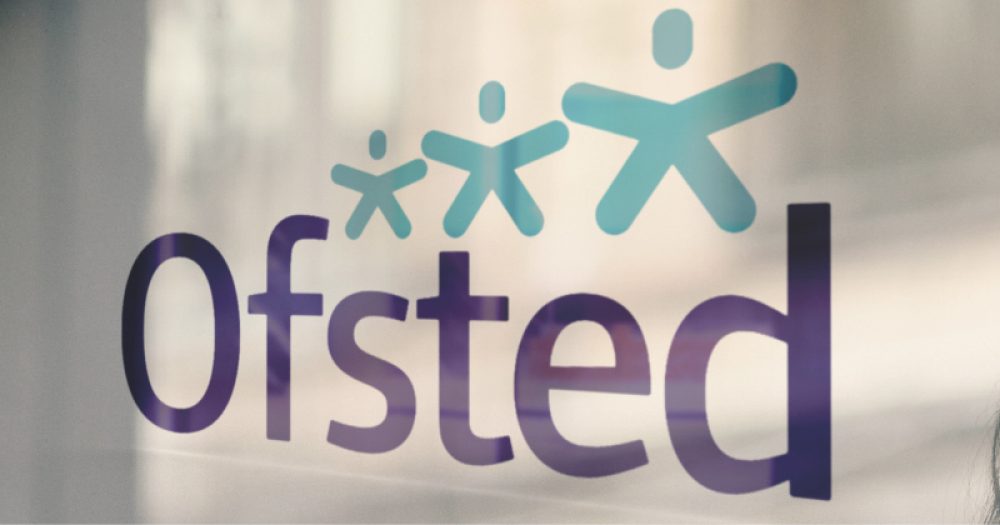Plans to hike the fees small private schools must pay Ofsted are just the start of a programme of increased costs, according to a leading civil servant.
Last month, non-association private schools reacted unhappily when the inspectorate announced it would consult on increasing what it charges to inspect them. Some could face paying £3,800 more per inspection.
But the Department for Education may not stop there, according to Peter Swift, its head of independent education division, who told Schools Week that more rises are likely to follow.
The current proposals only “move towards full-cost recovery” for each inspection, he said. To reach a point where Ofsted can fully recover its costs, hikes may have to happen “several times”.
Ofsted’s costs will expand to exceed its income: that is the nature of the organisation
Of the 1,080 non-associated private schools that Ofsted looks after, 42 per cent are special schools. The rest break down into 302 faith schools and 320 non-faith schools. Of the non-faith schools, there are 437 boarding schools, 38 preparatory schools, 24 international schools, 17 Montessori schools, 12 tutorial colleges, six children’s homes and one Steiner school.
The median size of the schools is 80 pupils, so the largest schools have to cross-subsidise the fees of the smallest ones under the current formula. Without this, smaller schools could not afford to cover their costs.
“But moving towards full-cost recovery has to be the right direction,” he insisted. “Why should the taxpayer subsidise the inspection of independent schools?”
However, Kevin Avison, a senior advisor to the Steiner Waldorf Schools Fellowship, described Ofsted as “unwieldy”, and claimed its failure to cover its own costs was an “embarrassment”.
“I suspect that, even with regular hikes in charges, Ofsted’s costs will expand to exceed its income: that is the nature of the organisation,” he said.
John Richardson, who covers independent schools for the National Education Union, said that small private schools might be happier about increased inspection fees if they felt Ofsted worked collaboratively.
He claimed Ofsted had closed a “spate” of private schools “overnight”.
“We need more of a sense from inspectors that they’re working towards improvement with these schools, rather than giving them a rap over the knuckles,” he added.
However, he agreed that while inspection should be more collaborative, the inspection framework also needed to “tightened up” in certain areas, especially when checking that school management in both private schools and academies is strong enough.








Your thoughts